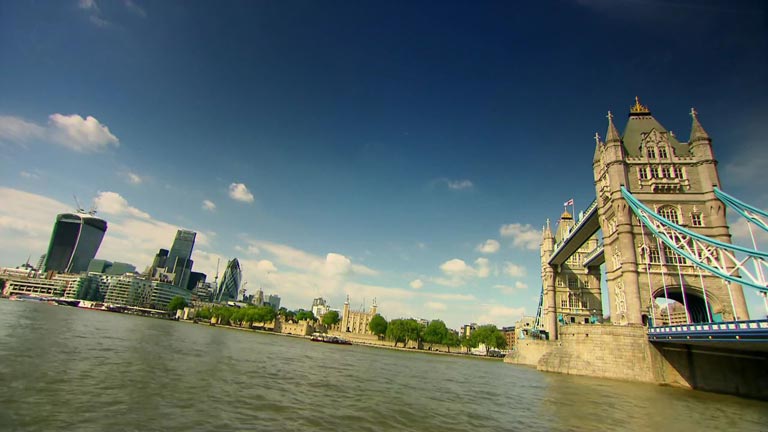The budget released overnight reads more like a Labor than Conservative strategy, with big spending on infrastructure – including in the UK’s north, as well as a significant spend on combating the virus.

Rishi Sunak delivered his first budget with both the tactical and strategic in mind. He focused first on the public health challenges of coronavirus but went on to “levelling up” across the country.
His virus emergency package totaled £30bn, included welfare and business support, sick-pay changes and local assistance. This includes £7bn for businesses and families and £5bn for the NHS. Statutory sick pay will be available to individuals self-isolating and self-employed or gig workers will be able to access support from Government more easily. The requirement to physically attend a job centre will be removed – everything can be done on the phone and online.
The chancellor announced £1bn of lending via a government-backed loan scheme, with government backing 80% of losses on bank lending and £2bn of sick-pay rebates for up to 2m small businesses with fewer than 250 employees.
He will also abolish business rates altogether for this year for retailers, in a tax cut worth more than £1bn. Any company eligible for small business rates relief will be allowed a £3,000 cash grant – a £2bn injection for 700,000 small businesses.
Beyond the virus, Sunak said the government is tripling its investment in transport and infrastructure spending to the highest levels since 1955. The government will provide additional funding worth £640m for Scotland, £360m for Wales and £210m for Northern Ireland.
The government will spend £27bn on more than 4,000 miles of roads. £5bn of funding will be invested in gigabit-capable broadband. An additional £1.5bn will be made available for further education funding.
Sunak said almost £1.1bn of allocations from the housing infrastructure fund will be made to build almost 70,000 homes in high-demand areas.
The chancellor announced a Grenfell building safety fund worth £1bn. The funds will help to remove cladding from tall residential buildings.
He said almost £650m of funding will be made available to help rough sleepers into accommodation.
Sunak said the government will increase NHS funding by £6bn during this parliament. Reiterating campaign pledges, he said the package will help to hire 50,000 nurses and build 40 hospitals. The chancellor announced the NHS surcharge for people from overseas will increase to £624.
As a result, the chancellor forecasted growth before the coronavirus hit of 1.1% in 2020, then 1.8%, 1.5%, then 1.3% and 1.4% in the following years. Already lower than expected in earlier forecasts. So growth has been downgraded BEFORE the virus impact.
UK Government borrowing as a percentage of GDP will be 2.1% this year then will rise to 2.4% in 2020-2021, 2.8% in 2021-22, then falls to 2.5%, 2.4% and 2.2% in the following years. Debt as a share of GDP is forecast to fall from 79.5% this year to 75.2% in 2024-25. UK Austerity is over.

As Sir Humphrey would say “never waste a good crisis”.